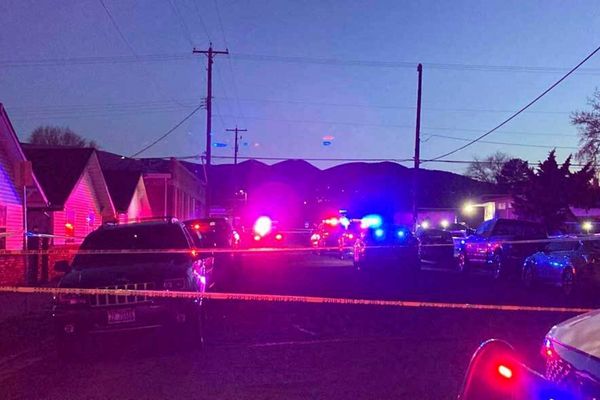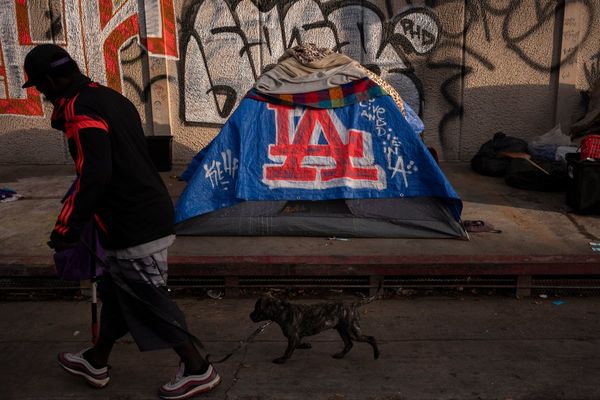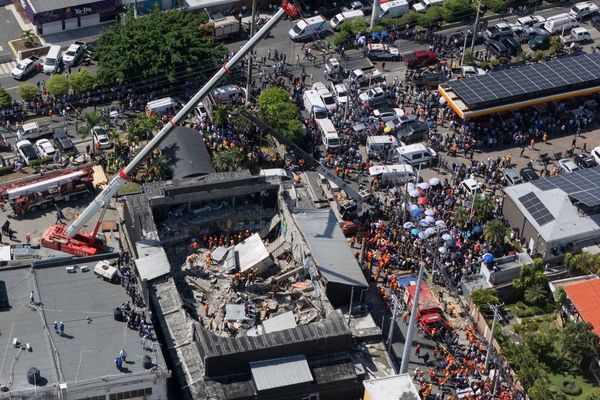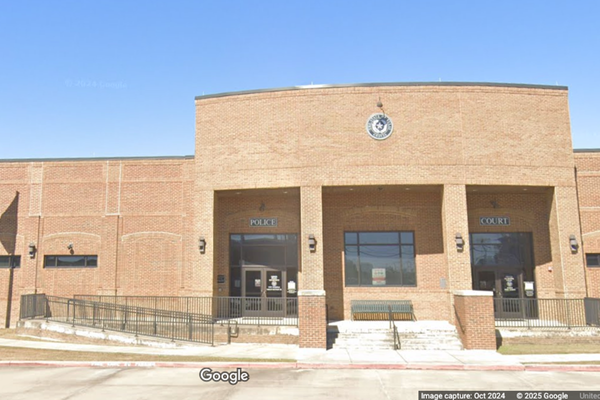Ten GP clinics across four states and territories previously owned by Tristar Medical Group have failed to attract a buyer and will cease operations on Friday.
McGrathNichol Restructuring were appointed as Tristar Medical Group's administrators in May after the company owed creditors more than $9.3million.
"It is regrettable that the clinics must close," administrator Matthew Caddy said.
"In the absence of buyers for the clinics, which are loss-making, we have been left with no other option."
Clinics include those at Avoca, Ararat, Dandenong and Grovedale in Victoria, Kempsey and West Wyalong in New South Wales, and at Bruce in Canberra.
Three Northern Territory centres across Darwin and Palmerston will also close.
The administrators said doctors and staff working at the clinics had been advised of the closure.
The ABC heard that there was a potential buyer for the 10 clinics, but that deal fell through at the last minute and clinic staff were only notified of the closure on Tuesday afternoon.
The Family Doctor group on August 5 purchased 12 of Tristar's clinics, which were mainly located in Victoria.
Bulk billing 'unsustainable'
Tristar medical clinics offered patients bulk-billing but Royal Australian College of General Practitioners president Karen Price said it was unsustainable.
"We've had a prolonged Medicare freeze and then inadequate indexation," she said.
She said the last Medicare increase saw patients get back 1.6 per cent more from the government, but inflation had gone up 6 per cent.
"Patients need to demand more from their government to support access to primary care."
Avoca loses doctors
In the regional Victorian town of Avoca, locals face having to drive nearly an hour to access standard health services, such as prescriptions and check-ups.
Pyrennes Shire Council Mayor Ron Eason said the community was 'extremely disappointed" and "concerned".
"It's been eight to 12 weeks since the Tristar closed," Mr Eason said.
"The community is desperately trying to find a doctor. They're travelling to Ballarat or Maryborough, Clunes or Beaufort."
He said there was some concern for the ageing population in the small town, with life "difficult enough" during the pandemic.
"Avoca lost the [health] facilities four or five years ago. We built up a degree of anger," Mr Eason said.
He said Tristar "did a wonderful job" and drew people from Maryborough to Avoca.
"That's now gone, and we've got to find a medical service to replace it. What that is, I don't know," Mr Eason said.
Cities are not immune
Dr Price said GP clinics were struggling nationwide, particularly in areas that relied on bulk-bulling.
"[These areas are] often where there are patients with higher disadvantage, and those areas with higher disadvantage will often have more chronic disease," she said.
"This is what we call the inverse care law, that those people least able to pay have often the greatest need for services and we are very concerned about this.
"We're going to see more mixed billing where a large proportion of patients are charged."
Dr Price said most GPs were "very compassionate people" and would keep trying to bulk-bill disadvantaged people.
"But certainly, there's a lot more gap charges for more Australians."
The administrators said a separate sale of the Mount Gambier practice was expected to be finalised soon.







